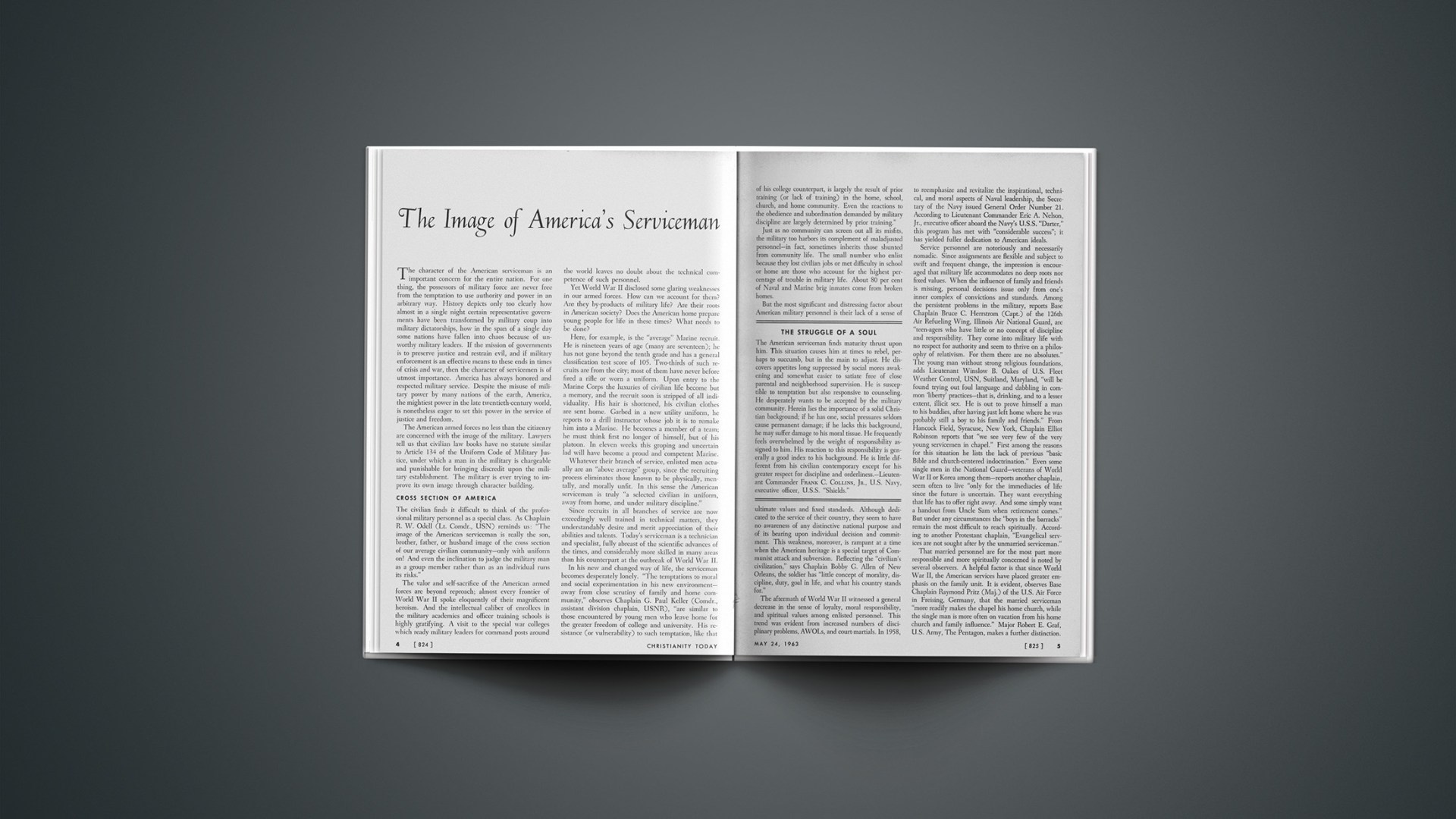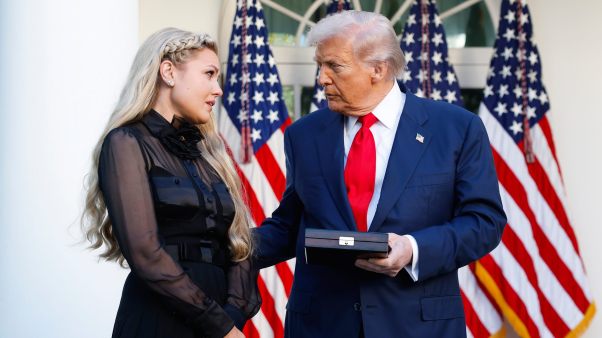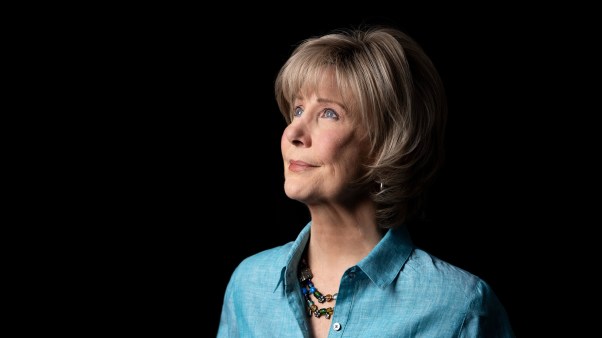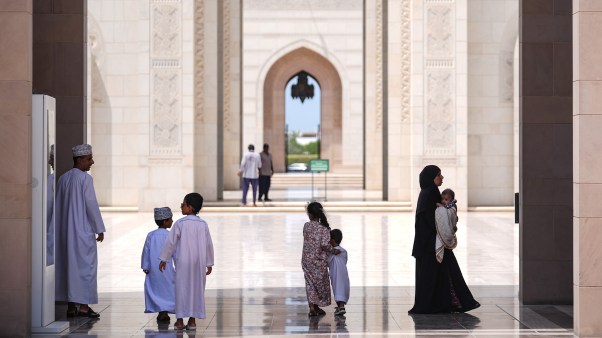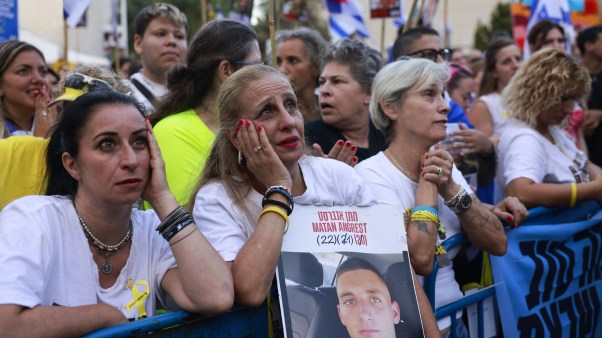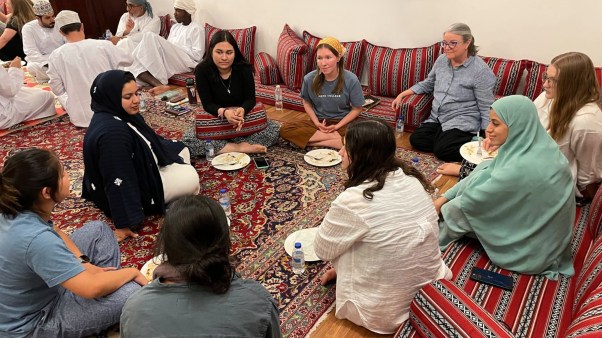The character of the American serviceman is an important concern for the entire nation. For one thing, the possessors of military force are never free from the temptation to use authority and power in an arbitrary way. History depicts only too clearly how almost in a single night certain representative governments have been transformed by military coup into military dictatorships, how in the span of a single day some nations have fallen into chaos because of unworthy military leaders. If the mission of governments is to preserve justice and restrain evil, and if military enforcement is an effective means to these ends in times of crisis and war, then the character of servicemen is of utmost importance. America has always honored and respected military service. Despite the misuse of military power by many nations of the earth, America, the mightiest power in the late twentieth-century world, is nonetheless eager to set this power in the service of justice and freedom.
The American armed forces no less than the citizenry are concerned with the image of the military. Lawyers tell us that civilian law books have no statute similar to Article 134 of the Uniform Code of Military Justice, under which a man in the military is chargeable and punishable for bringing discredit upon the military establishment. The military is ever trying to improve its own image through character building.
Cross Section Of America
The civilian finds it difficult to think of the professional military personnel as a special class. As Chaplain R. W. Odell (Lt. Comdr., USN) reminds us: “The image of the American serviceman is really the son, brother, father, or husband image of the cross section of our average civilian community—only with uniform on! And even the inclination to judge the military man as a group member rather than as an individual runs its risks.”
The valor and self-sacrifice of the American armed forces are beyond reproach; almost every frontier of World War II spoke eloquently of their magnificent heroism. And the intellectual caliber of enrollees in the military academies and officer training schools is highly gratifying. A visit to the special war colleges which ready military leaders for command posts around the world leaves no doubt about the technical competence of such personnel.
Yet World War II disclosed some glaring weaknesses in our armed forces. How can we account for them? Are they by-products of military life? Are their roots in American society? Does the American home prepare young people for life in these times? What needs to be done?
Here, for example, is the “average” Marine recruit. He is nineteen years of age (many are seventeen); he has not gone beyond the tenth grade and has a general classification test score of 105. Two-thirds of such recruits are from the city; most of them have never before fired a rifle or worn a uniform. Upon entry to the Marine Corps the luxuries of civilian life become but a memory, and the recruit soon is stripped of all individuality. His hair is shortened, his civilian clothes are sent home. Garbed in a new utility uniform, he reports to a drill instructor whose job it is to remake him into a Marine. He becomes a member of a team; he must think first no longer of himself, but of his platoon. In eleven weeks this groping and uncertain lad will have become a proud and competent Marine.
Whatever their branch of service, enlisted men actually are an “above average” group, since the recruiting process eliminates those known to be physically, mentally, and morally unfit. In this sense the American serviceman is truly “a selected civilian in uniform, away from home, and under military discipline.”
Since recruits in all branches of service are now exceedingly well trained in technical matters, they understandably desire and merit appreciation of their abilities and talents. Today’s serviceman is a technician and specialist, fully abreast of the scientific advances of the times, and considerably more skilled in many areas than his counterpart at the outbreak of World War II.
In his new and changed way of life, the serviceman becomes desperately lonely. “The temptations to moral and social experimentation in his new environment—away from close scrutiny of family and home community,” observes Chaplain G. Paul Keller (Comdr., assistant division chaplain, USNR), “are similar to those encountered by young men who leave home for the greater freedom of college and university. His resistance (or vulnerability) to such temptation, like that of his college counterpart, is largely the result of prior training (or lack of training) in the home, school, church, and home community. Even the reactions to the obedience and subordination demanded by military discipline are largely determined by prior training.”
Just as no community can screen out all its misfits, the military too harbors its complement of maladjusted personnel—in fact, sometimes inherits those shunted from community life. The small number who enlist because they lost civilian jobs or met difficulty in school or home are those who account for the highest percentage of trouble in military life. About 80 per cent of Naval and Marine brig inmates come from broken homes.
But the most significant and distressing factor about American military personnel is their lack of a sense of ultimate values and fixed standards. Although dedicated to the service of their country, they seem to have no awareness of any distinctive national purpose and of its bearing upon individual decision and commitment. This weakness, moreover, is rampant at a time when the American heritage is a special target of Communist attack and subversion. Reflecting the “civilian’s civilization,” says Chaplain Bobby G. Allen of New Orleans, the soldier has “little concept of morality, discipline, duty, goal in life, and what his country stands for.”
THE STRUGGLE OF A SOUL
The American serviceman finds maturity thrust upon him. This situation causes him at times to rebel, perhaps to succumb, but in the main to adjust. He discovers appetites long suppressed by social mores awakening and somewhat easier to satiate free of close parental and neighborhood supervision. He is susceptible to temptation but also responsive to counseling. He desperately wants to be accepted by the military community. Herein lies the importance of a solid Christian background; if he has one, social pressures seldom cause permanent damage; if he lacks this background, he may suffer damage to his moral tissue. He frequently feels overwhelmed by the weight of responsibility assigned to him. His reaction to this responsibility is generally a good index to his background. He is little different from his civilian contemporary except for his greater respect for discipline and orderliness.—Lieutenant Commander FRANK C. COLLINS, JR., U.S. Navy, executive officer, U.S.S. “Shields.”
The aftermath of World War II witnessed a general decrease in the sense of loyalty, moral responsibility, and spiritual values among enlisted personnel. This trend was evident from increased numbers of disciplinary problems, AWOLs, and court-martials. In 1958, to reemphasize and revitalize the inspirational, technical, and moral aspects of Naval leadership, the Secretary of the Navy issued General Order Number 21. According to Lieutenant Commander Eric A. Nelson, Jr., executive officer aboard the Navy’s U.S.S. “Darter,” this program has met with “considerable success”; it has yielded fuller dedication to American ideals.
Service personnel are notoriously and necessarily nomadic. Since assignments are flexible and subject to swift and frequent change, the impression is encouraged that military life accommodates no deep roots nor fixed values. When the influence of family and friends is missing, personal decisions issue only from one’s inner complex of convictions and standards. Among the persistent problems in the military, reports Base Chaplain Bruce C. Herrstrom (Capt.) of the 126th Air Refueling Wing, Illinois Air National Guard, are “teen-agers who have little or no concept of discipline and responsibility. They come into military life with no respect for authority and seem to thrive on a philosophy of relativism. For them there are no absolutes.” The young man without strong religious foundations, adds Lieutenant Winslow B. Oakes of U.S. Fleet Weather Control, USN, Suitland, Maryland, “will be found trying out foul language and dabbling in common ‘liberty’ practices—that is, drinking, and to a lesser extent, illicit sex. He is out to prove himself a man to his buddies, after having just left home where he was probably still a boy to his family and friends.” From Hancock Field, Syracuse, New York, Chaplain Elliot Robinson reports that “we see very few of the very young servicemen in chapel.” First among the reasons for this situation he lists the lack of previous “basic Bible and church-centered indoctrination.” Even some single men in the National Guard—veterans of World War II or Korea among them—reports another chaplain, seem often to live “only for the immediacies of life since the future is uncertain. They want everything that life has to offer right away. And some simply want a handout from Uncle Sam when retirement comes.” But under any circumstances the “boys in the barracks” remain the most difficult to reach spiritually. According to another Protestant chaplain, “Evangelical services are not sought after by the unmarried serviceman.”
That married personnel are for the most part more responsible and more spiritually concerned is noted by several observers. A helpful factor is that since World War II, the American services have placed greater emphasis on the family unit. It is evident, observes Base Chaplain Raymond Pritz (Maj.) of the U.S. Air Force in Freising, Germany, that the married serviceman “more readily makes the chapel his home church, while the single man is more often on vacation from his home church and family influence.” Major Robert E. Graf, U.S. Army, The Pentagon, makes a further distinction.
A very high percentage of those who have made the military a career, rather than a temporary interlude, he notes, are married and quite mature, and reflect a pattern of responsibility, religious conviction, and activity much like that of the average adult American of thirty years of age and older.
The dearth of spiritual vitality is reflected, too, in the unfavorable ratio between chapel attendance and the total personnel stationed at military bases. For Protestant Christians—and America traditionally has been predominantly Protestant—the “assembling together of believers” is a New Testament imperative, while for Catholics, deliberate absence from mass is a mortal sin. The neglect of chapel attendance is all the more disconcerting when it is conceded that because of the selectivity of the enlistment process the general moral level of military personnel at the time of enlistment is superior to that of society as a whole.
Former Air Force chaplain in the Korean War, the Rev. Ken Hutcheson, now pastor of Lakeview Baptist Church in San Antonio, Texas, pleaded before the Texas Baptist Day School Association for more Baptist elementary schools by recounting the conduct of American servicemen abroad: “The number of babies fathered by American military men is simply appalling. During my active duty tour in the Korean War and also during the years I have spent as an active reserve chaplain, I have talked with many men who had been stationed in Europe and the Far East.… According to their own admission, from 95 to 98 per cent of them both married (whose wives did not go with them) and single lived in shameful adultery.… In the Korean War it became so deplorable … a leading churchman … who was touring Korea called the chaplains together in one area and lectured them, urging them to do something.…” It is probably true that the farther American servicemen travel from home, the farther many of them drift from their inherited ideals as well.
Doubtless the circumstances of entering the military have much to do with servicemen’s attitudes. Commander George F. Masin, electronics engineer at the U.S. Naval Ordinance Laboratory in Corona, California, affiliated also with the Naval Reserve Officers School, thinks that many who wait for a compulsory draft “consider military service as a time of ‘treading water’ until they can resume their normal civilian occupation or return to school, and do not take the military training period seriously.… For many this means a let-down of moral standards.” First Lieutenant Edward P. Lyman of the U.S. Marine Corps Reserve in Clarkesville, Tennessee, likewise thinks “the young high school graduate and pre-college man who is ‘just serving his time, just waiting until he is free’ is a candidate for group conformity and tends to unreliability and recklessness.”
Those who flee to the military to escape distasteful aspects of civilian life soon find their problems enlarged to include the desire to escape from military demands as well. Comments Chaplain A. D. Prickett of the U.S. Naval Hospital in Jacksonville, Florida: “All too often he joined up to get away from some unpleasant situation at home or at school—or that he considered unpleasant—and now the service confronts him with problems also. Thus he can hardly wait to finish his tour and get out. Most of the ones I see have no clear-cut idea or plan of what they want to do beyond that.” Lieutenant Lionel F. Gardiner, instructor in the U.S. Army Chemical Corps School at Fort McClellan, Alabama, adds that under such circumstances enlisted men are not likely to rise above the surrounding pressures to avoid an interest in spiritual matters.
The military career man is not necessarily exempt from a somewhat similar, if more subtle, vagabond attitude toward life. “Many of those who join the armed forces intending to make the military a career, and who see no immediate return to civilian life, feel”—a Naval officer comments—“that they might as well ‘live it up’ and let the future take care of itself.” Another Naval education and training officer adds that “early retirement and security are for many the chief motivations for Naval careers.” But the older “career” men, it is widely noted, are more settled mentally and more readily accept civilian functions and responsibility in the community.
Yet one fact is sure: the character of the officers both consciously and unconsciously influences many of their subordinates. As Corbin Woodward, supply officer aboard the U.S.S. “Rankin,” puts it, “the officers and senior petty officers usually set the pace, and the new men follow.” Commander Charles H. Hoke, weapons officer at the U.S. Naval Submarine Base in New London, Connecticut, states that “the happiest sailor at sea is one who knows that his commanding officer and his other officers are morally strong, competent, and dedicated—who has faith that he can do his special job capably. Under these conditions he is ingenious beyond imagination, skilled beyond all previous appearances, hardworking and loyal under extremely adverse conditions. In the absence of these conditions, he is sloppy, unskilled, and reticent.”
Chaplains are continually astonished over the spiritual apathy of draftees who regard themselves as “Protestant.” A distressing number cannot repeat the Ten Commandments or the Lord’s Prayer, nor identify Abraham, Moses, or Paul. A survey by chaplains in the U.S. Armed Services attests a wide range of spiritual illiteracy concerning the content of the Christian faith. At a time when national goals are in doubt, it is a matter of great concern that the guardians of our frontiers are unsure of our heritage.
END

